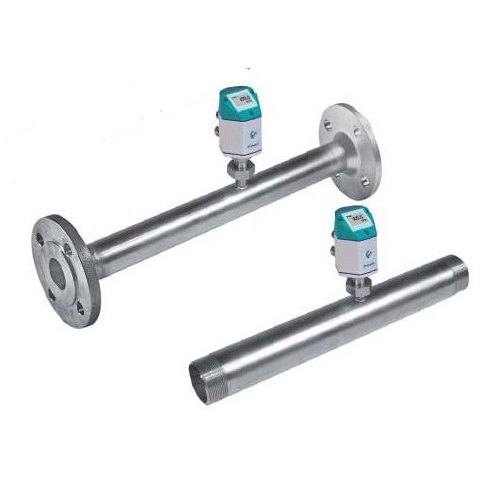![]()
Compressed air is used in many manufacturing processes for many different reasons, from the actuation and control of pneumatic valves and cylinders to the operation of process machinery and tooling. It can also be used as a transport medium  for bulk materials or as a purge gas. For all its uses it is nonetheless expensive. This is why, through detailed monitoring, a business can enjoy the financial, environmental and operational benefits of an efficient and effective compressed air system.
for bulk materials or as a purge gas. For all its uses it is nonetheless expensive. This is why, through detailed monitoring, a business can enjoy the financial, environmental and operational benefits of an efficient and effective compressed air system.
Typically compressed air uses more electricity than any other type of equipment in a production plant. It can account for 20% of a company’s overall energy costs. This is not surprising considering the myriad of uses it has in many manufacturing processes and the number of compressors that may be used in a large compressor system. By measuring compressed air consumption leaks can be identified and dealt with immediately, it can ensure the correctly sized compressors are being used in the best places, at the right times, and it can reduce the overall plant consumption. This could reduce overall energy usage, lower a company’s carbon footprint and save thousands of pounds a month in large industrial plants.
With faster and more accurate pressure controls it is possible to maintain a lower average pressure in the whole system as it is no longer necessary to keep a higher pressure in order to maintain the minimum level required. Fluctuations are smaller, the control range narrower and the overall consumption reduced. Narrower variations in power also make it possible to avoid negative effects on production quality control.
But of course very few air systems operate at full-load all of the time. It is therefore essential to have the ability to implement a strategy of part-load performance, through system-wide and individual compressor controls, to suit the requirements of the plant. These can take the form of start/stop, load/unload, modulating, multi-step or variable frequency drives for individual compressors. For system controls these can include single master, sequencing controls; multi-master, network, controls; flow controllers; or air storage.
In addition to maintaining the optimum pressure level in all parts of the system it is also crucial to ensure the quality of the compressed air itself. Compressed air contains moisture. If this is not controlled it may cause damage to the process, the product or even the components of the air distribution system. To reduce the moisture content refrigerant dryers are used to cool the air in a heat exchanger. When the temperature is just above the freezing point of water the moisture in the air will condense to a liquid, which can be drained off. Maintaining good temperature control is critical for the efficient operation of the dryer as too low, below 320F, ice will form instead of water. An accurate temperature gauge is needed to make sure the dryer is functioning correctly.
